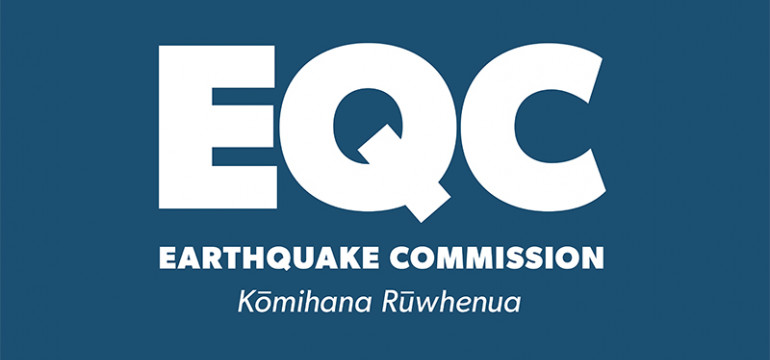Virtual field trips bring natural hazards into classrooms
Over the past week, 4500 school children from 180 classrooms from across New Zealand took part in a virtual field trip to Iceland to learn more about volcanic activity in that country.
The field trip, called Natural Hazards — lessons from Iceland, allows the students to learn about Iceland's biggest volcanoes, the differences and similarities to New Zealand's volcanoes, and how eruptions and activity can impact on urban environments.
EQC Manager Research Strategy and Investment, Richard Smith, says that as in New Zealand, Iceland's organisations and people continue to learn how best to prepare themselves for the next natural hazard event.
"Students interacted with scientists and subject experts who were in Iceland in real time and hear about their experiences from all around the country through online video and audio feeds. This gives them the chance through the live video conferencing to talk to the scientists but also explore other, more remote, parts of the world.
"This year's virtual field trip ran over six days and covered a lot about how Iceland was formed from the volcanoes, its geological history and how the eruptions impacted on local communities. The scientists also discussed how the local population has built their resilience to volcanic activity and some of the similarities between Iceland and New Zealand.
"The scientists discussed what different layers of rock can tell us about how land was formed and whether it was pushed up from the sea from an earthquake or created by a volcanic eruption. There is also discussion about the stability and movement on volcanic fields and the experts also shared how technology is making buildings safer and more resilient to land movement."
Dr Smith says that EQC has sponsored a virtual field trip each year since 2009 with the aim of inspiring young New Zealanders' interest in science as well as awareness of New Zealand's natural hazards.
"We are very proud to partner with Canterbury education providers CORE Education to develop the field trips. By understanding how those hazards can be managed, we also raise awareness and knowledge for school students and future generations of New Zealanders about building New Zealand’s resilience as well."
LEARNZ Project Director Pete Sommerville says CORE welcomes the opportunity to work with EQC to take students virtually out of the classroom.
"On this trip, they met real experts, in real time, ‘taking them’ to remote places. Teachers tell us the multiple media experience is especially engaging for special needs and reluctant learners both at school and at home," says Mr Sommerville.
Dr Smith says that EQC's research programme has a strong reputation both in New Zealand and overseas.
"We provide funding for a range of projects to better understand natural hazards and also help communities become more prepared and resilient. The virtual field trip is a great way to create learning about natural hazards in schools and for our future scientists and researchers."
For more information: http://rata.learnz.org.nz/summary.php?vft=naturalhazards183(external link)
